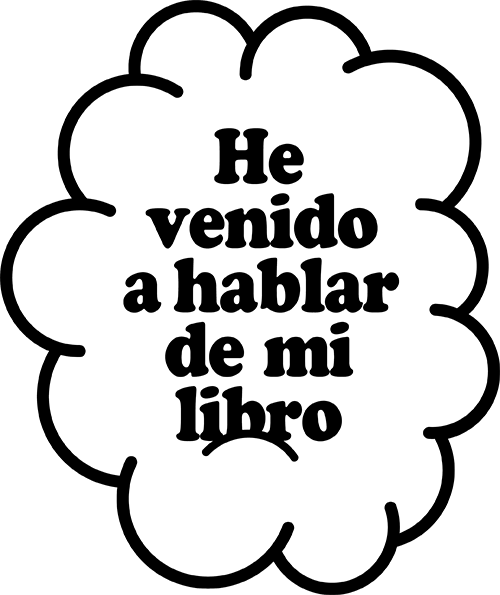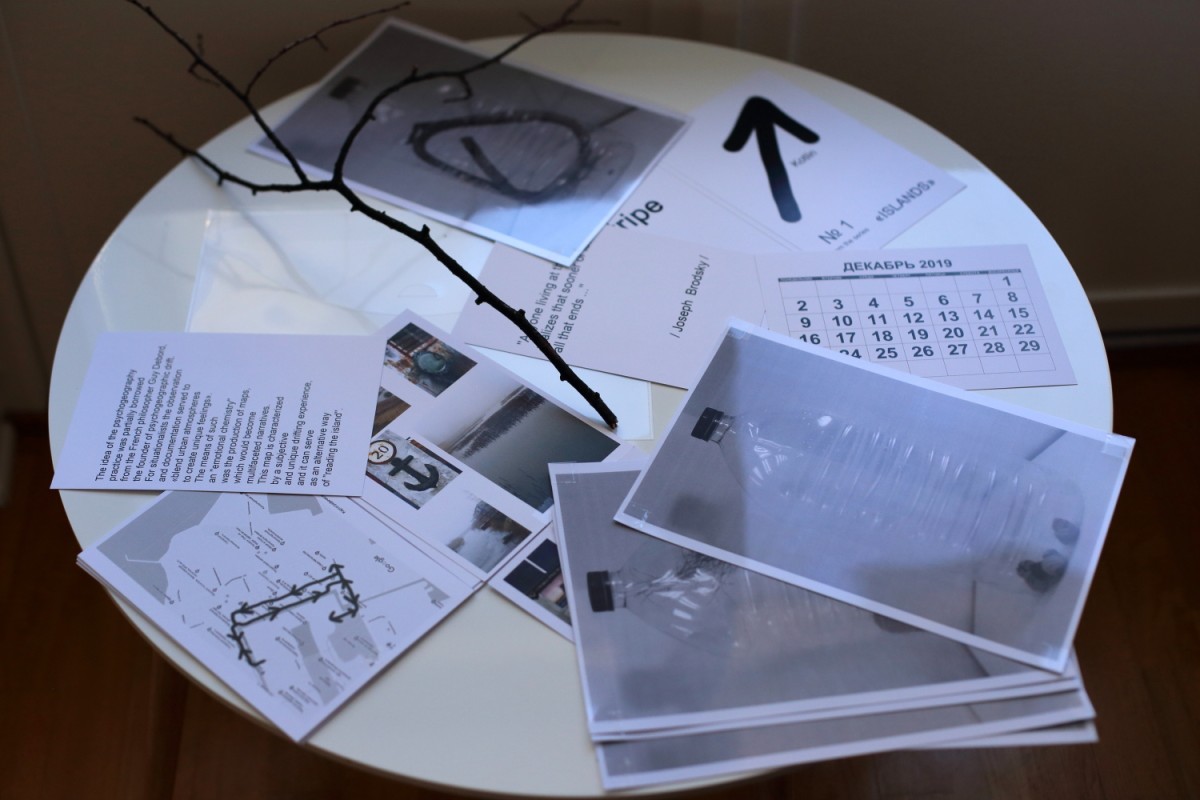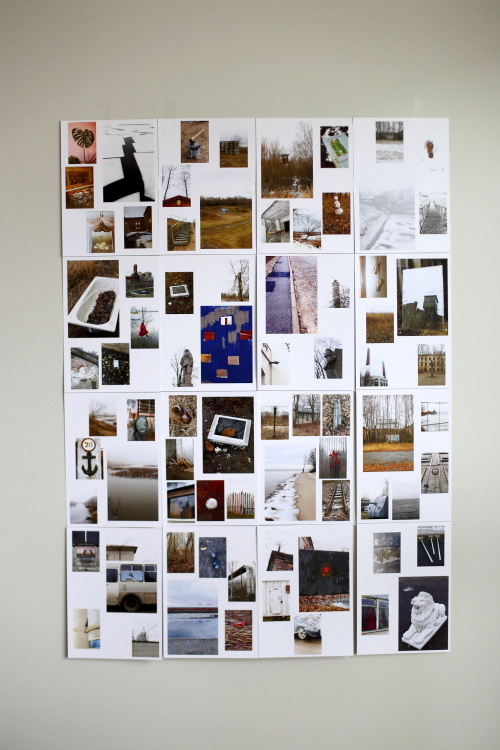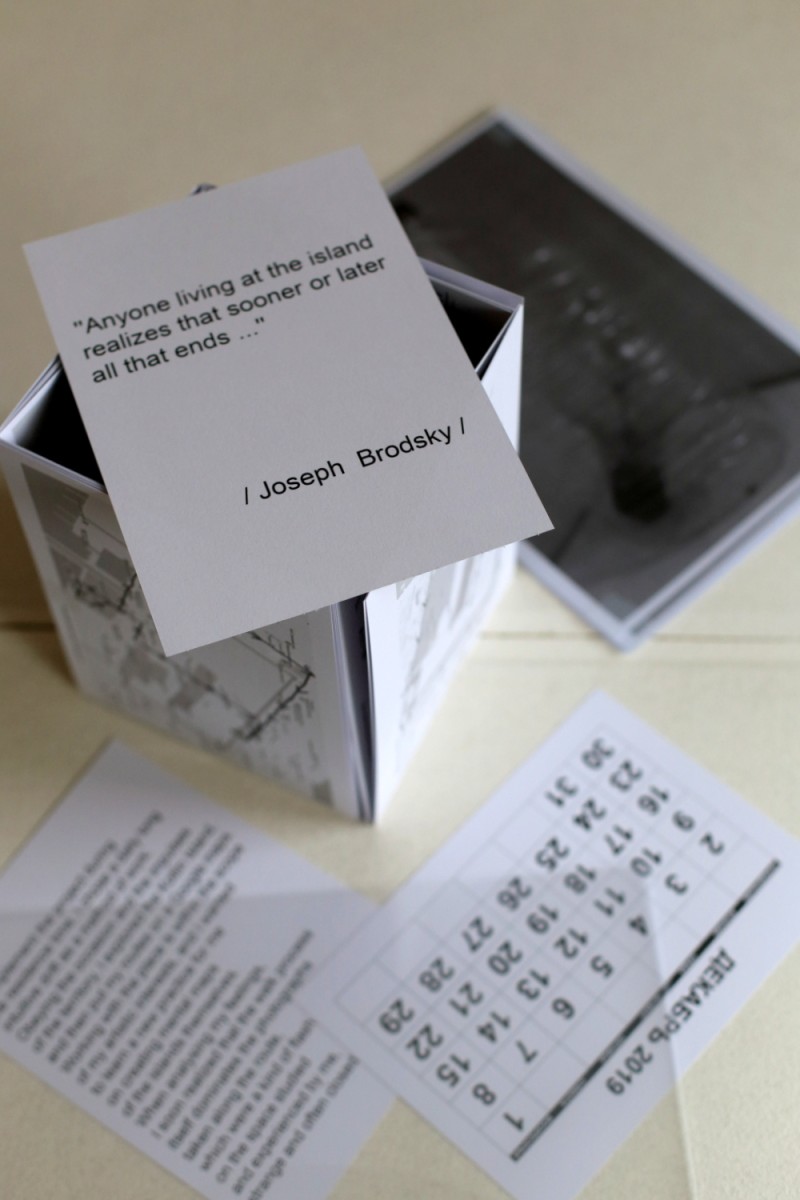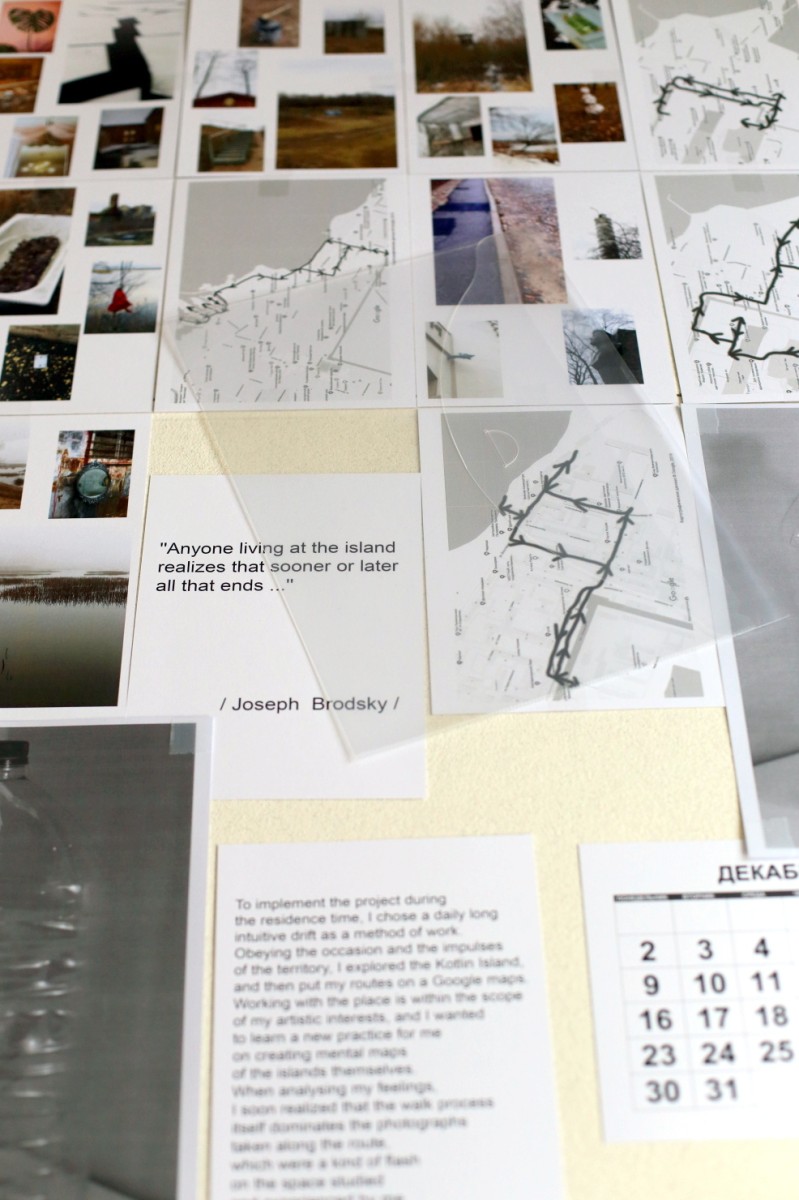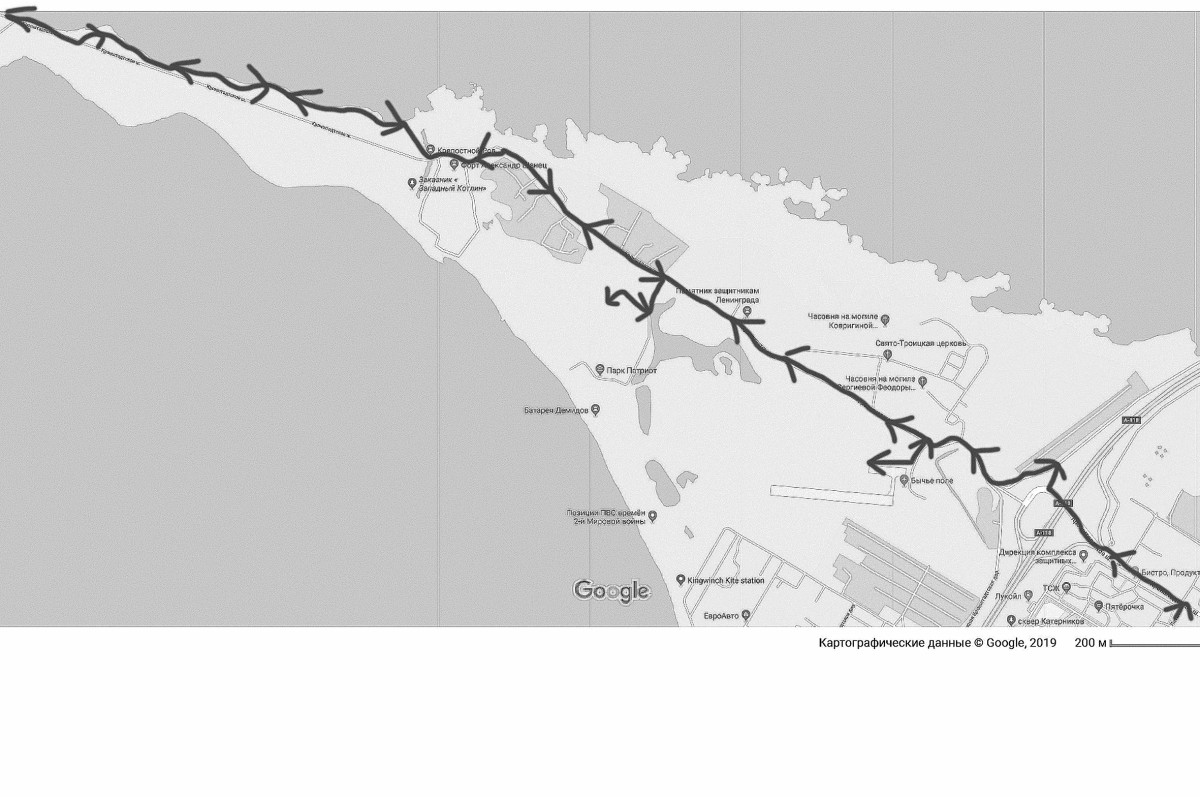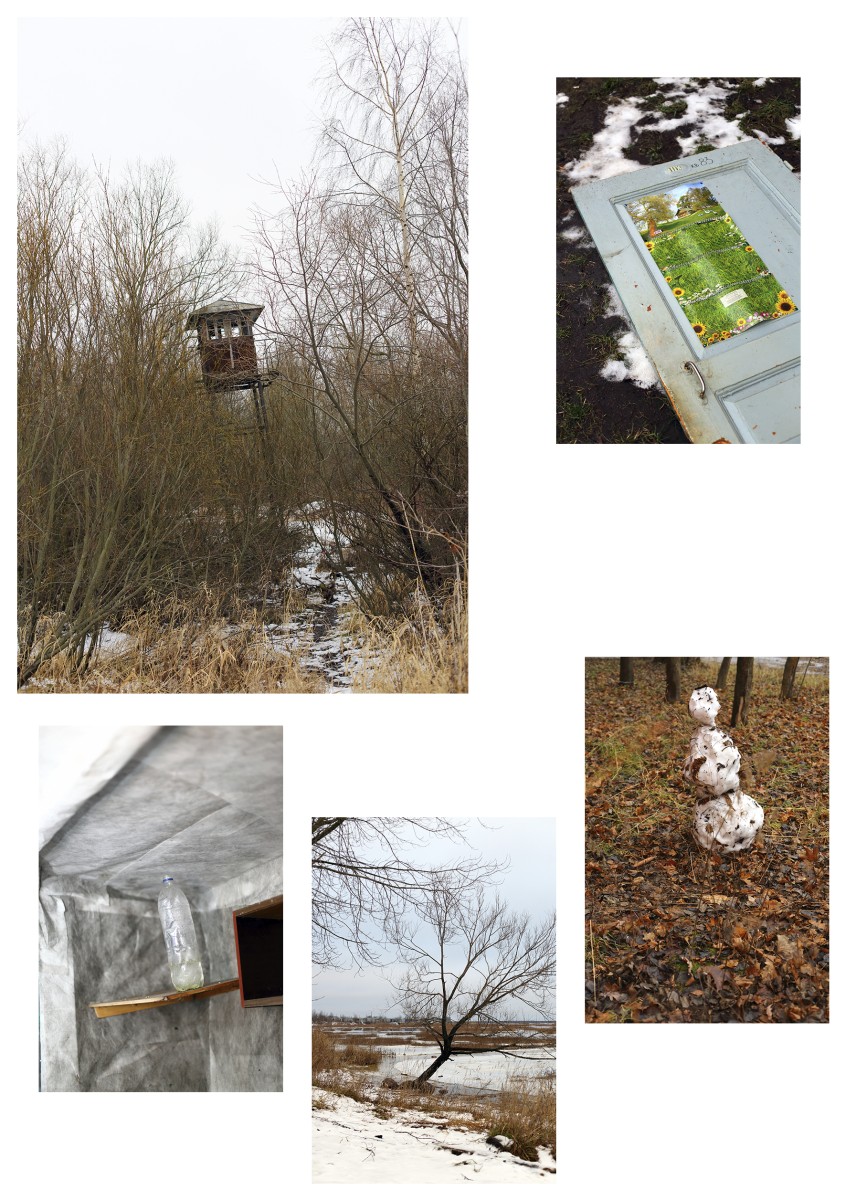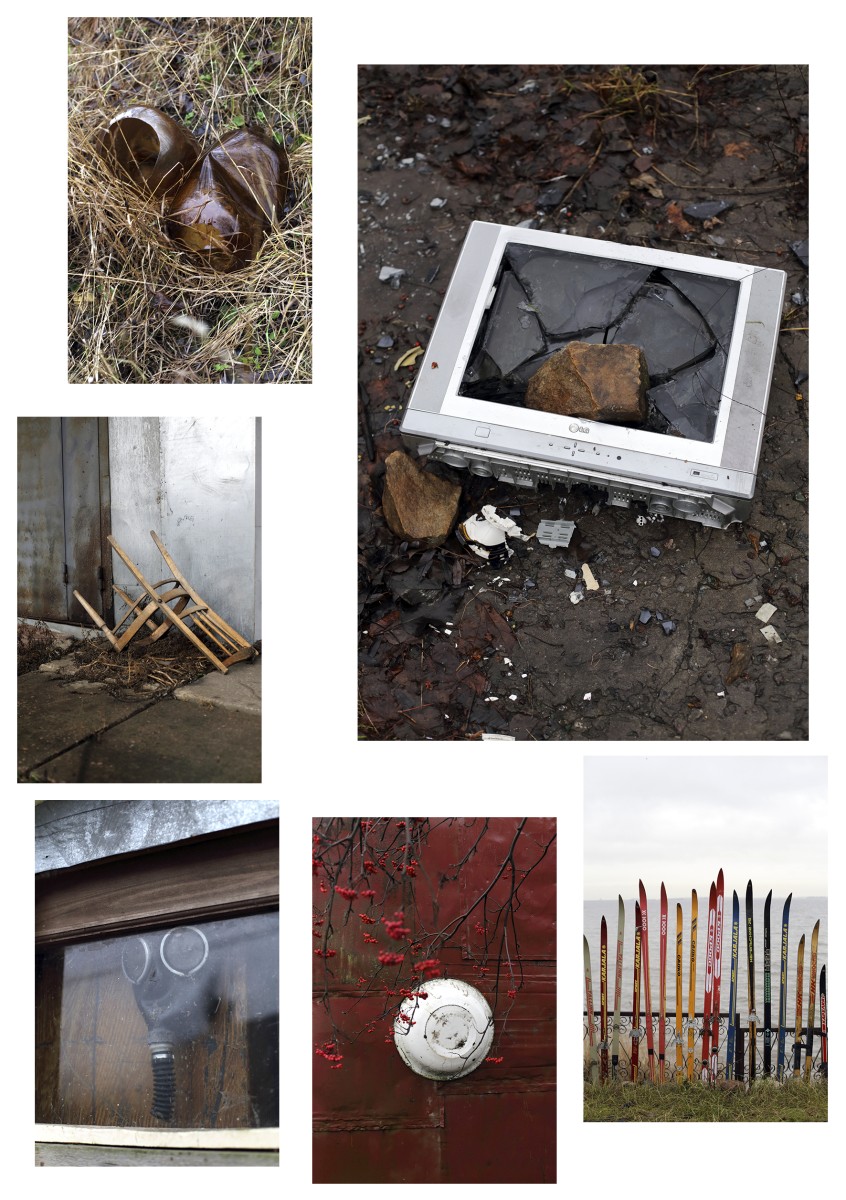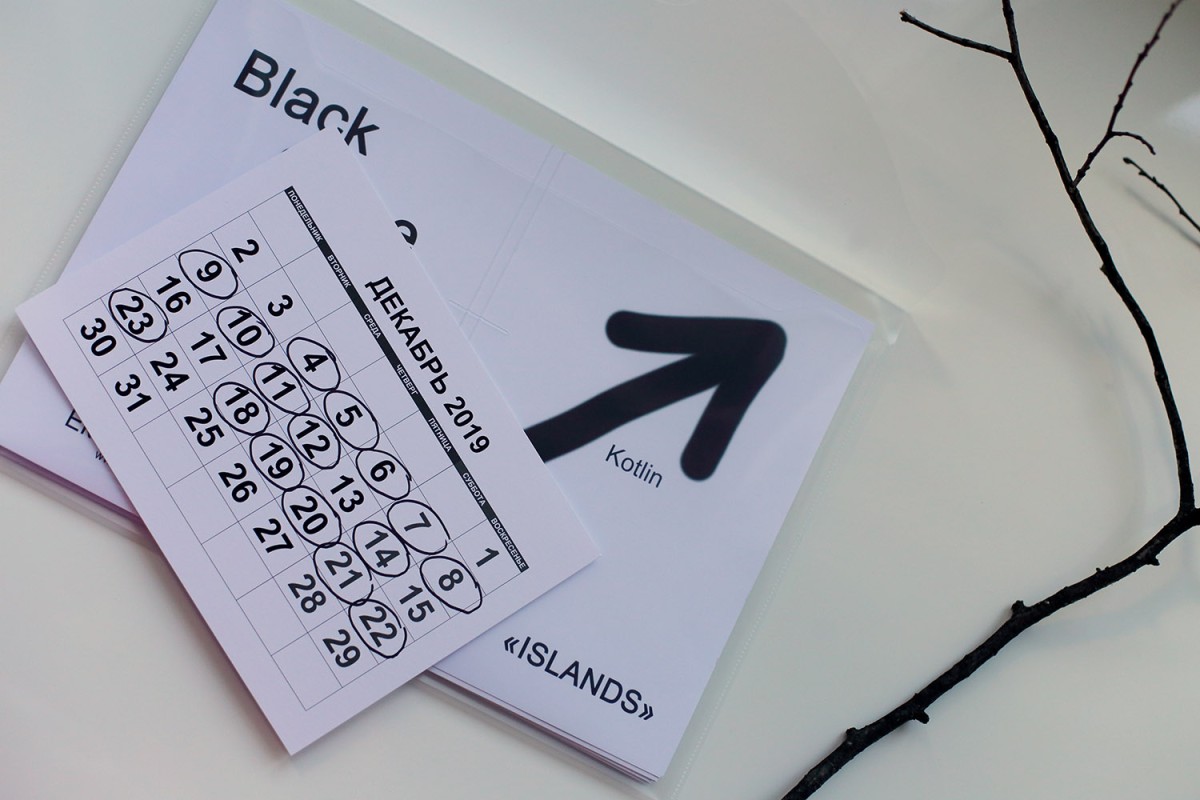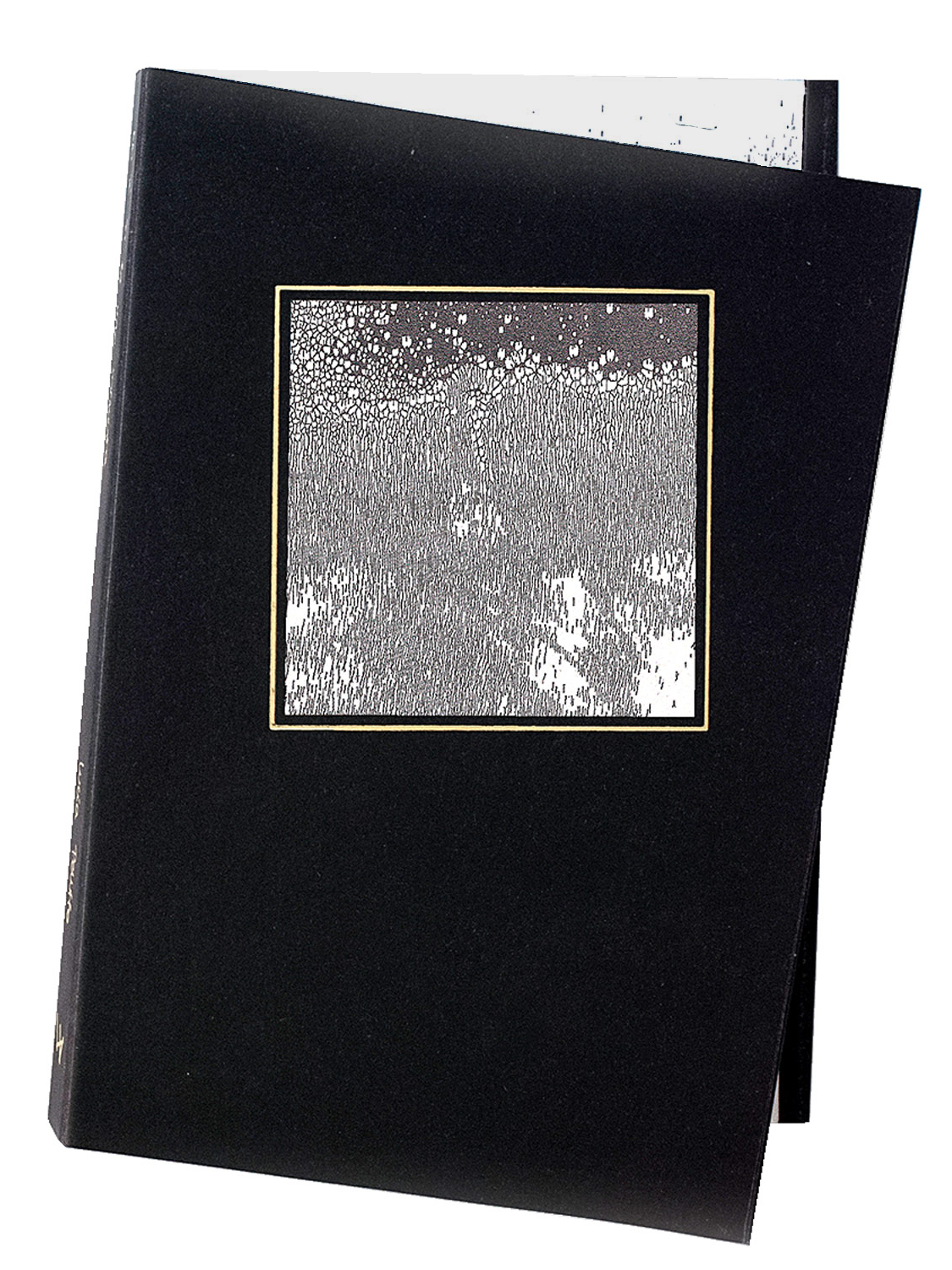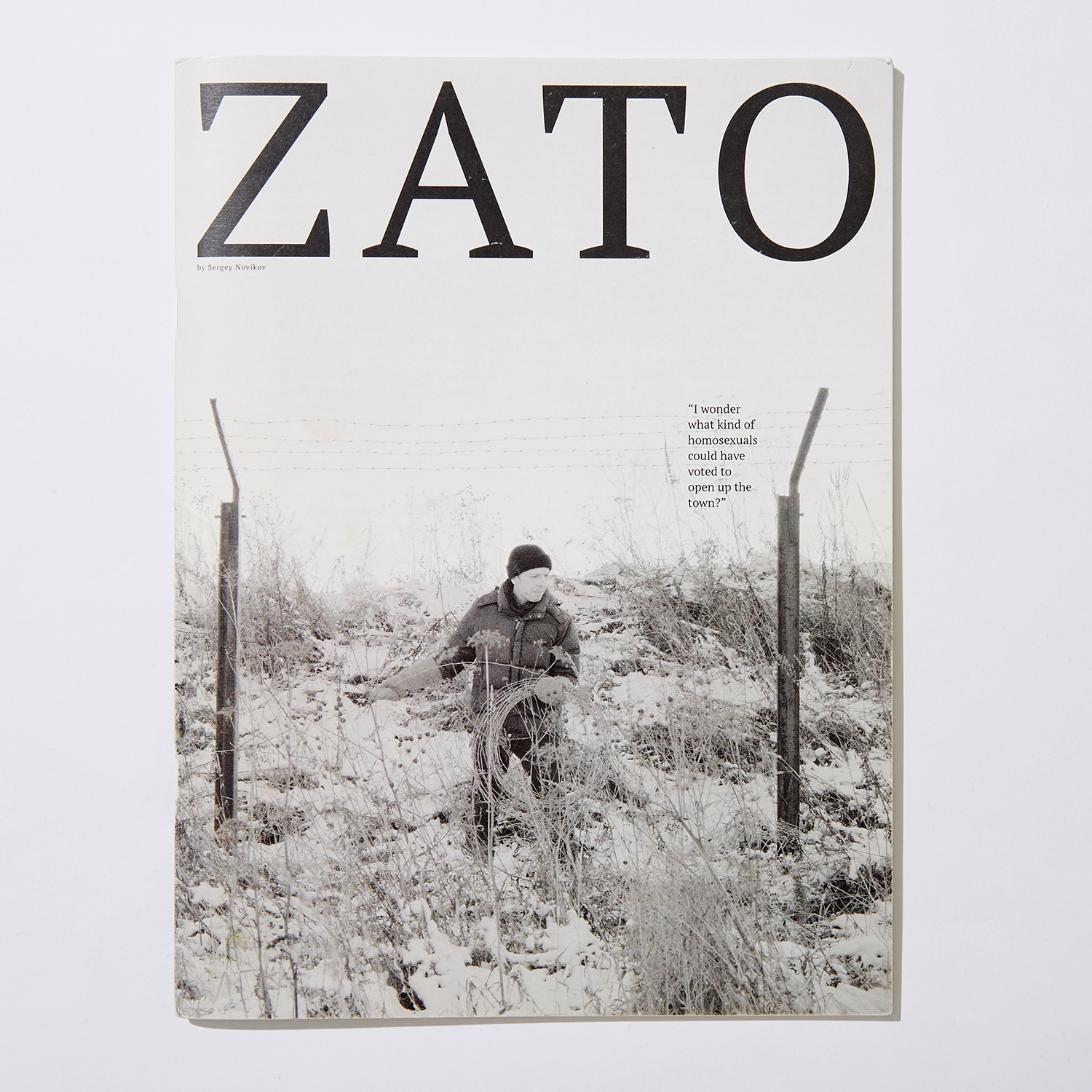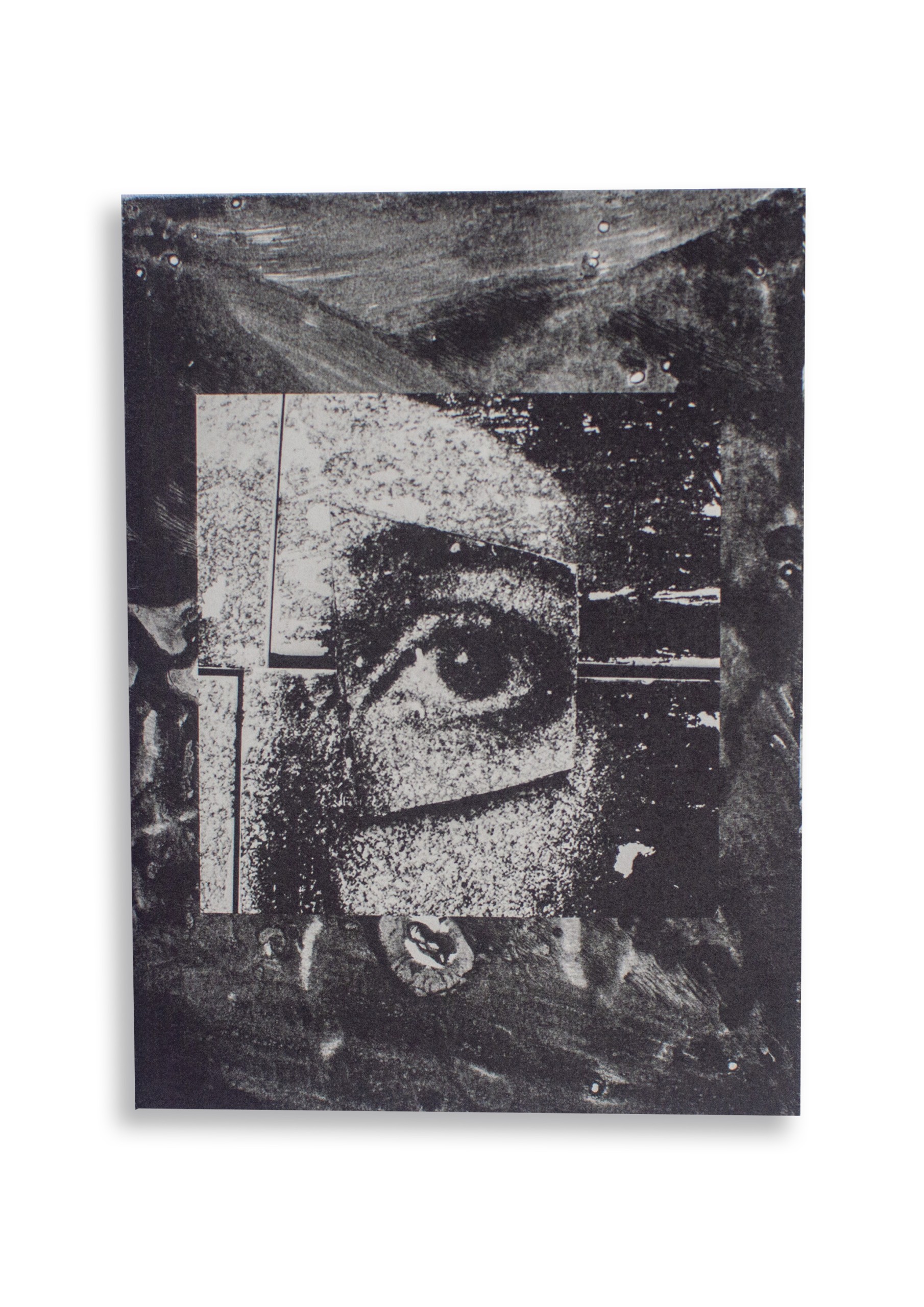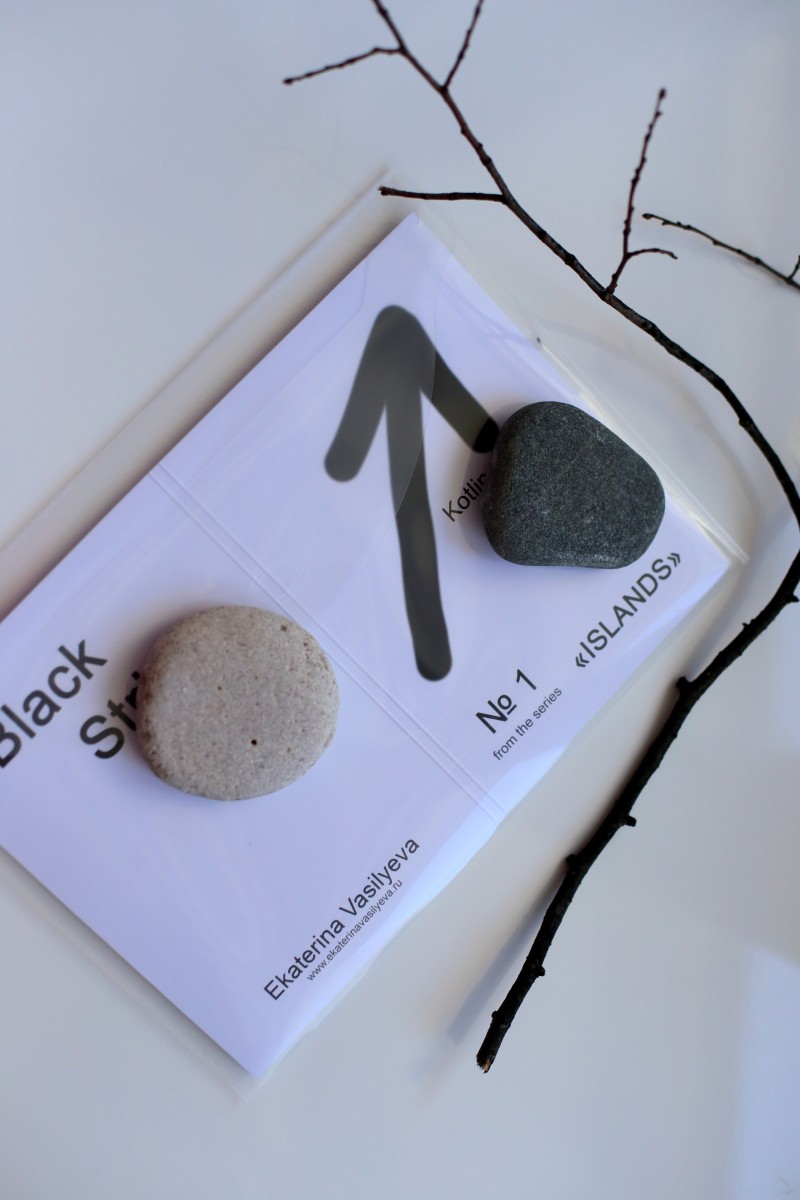
Black Stripe: The experience of creating the mental maps
Ekaterina Vasilyeva
Autopublicado
Año
2020
País
Suecia
Ciudad
Stockholm
Editor
Ekaterina Vasilyeva
Diseñador
Ekaterina Vasilyeva
Autor texto
Ekaterina Vasilyeva
Preimpresión
Ekaterina Vasilyeva
Imprenta
Print Gallery
Tipo de Encuadernacion
handmade
Tipo de papel
Color fine 250 gr and Color fine 300 gr
ISBN
-
Gramaje papel
Color fine 250 gr and Color fine 300 gr
Notas
The artist hand made book consists of:
1) 6 pictures of A4 size (black and white bottles)
2) 32 pages with 76 color pictures and 16 maps (my walking at the island). They are joined together without any numeration of pages; You may to ''open'' them into one big rectangular, which hopefully create the copy of the island
3) A few separate pages with text only, also without the numeration
So no sequence of pages, no order. You are free to choose the way of 'walking' over the book.
The project has been made during my staying at a residence in Kronshtadt (Kotlin Island, Russia) in December 2019.
To implement the project in the residence, I chose a daily long intuitive drift as a method of work. Obeying the occasion and the impulses of the territory, I explored the Kotlin Islands, Russia and then put my routes on a Google map.
Working with the place is within the scope of my artistic interests, and I wanted to learn a new practice for me on creating mental maps of the islands themselves.
When analyzing my feelings, I soon realized that the walk process itself dominates the photographs taken along the route, which were a kind of flash on the space studied and experienced by me, strange and often closed to eyes.
The idea of the practice of psychogeography was partially borrowed from the French philosopher Guy Debord, the founder of psychogeographic drift.
For situationalists, observation and documentation served to “blend urban atmospheres to create unique feelings.” The means of such an ''emotional chemistry'' was the production of cards, which became multifaceted narratives.
This card is characterized by a subjective and unique drifting experience, and it can serve as an alternative way of reading the island.
The project exists in the form of maps, a set of photographs to them and found objects that create a portrait of the island.







